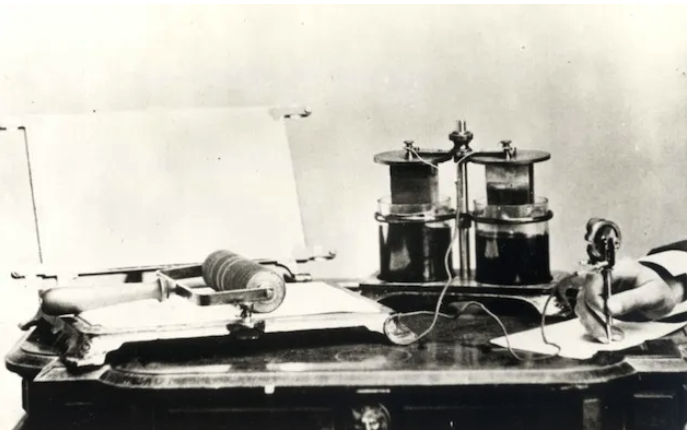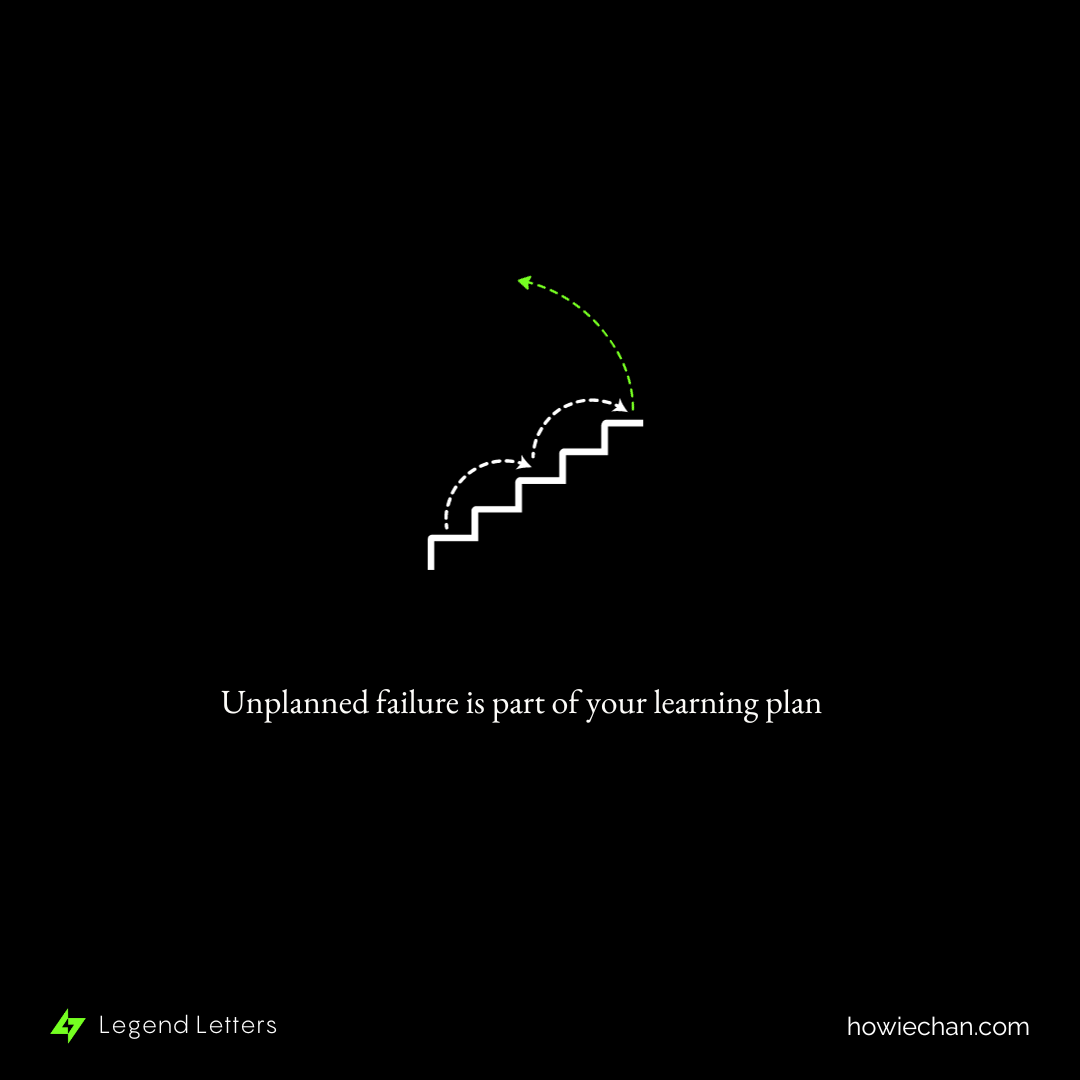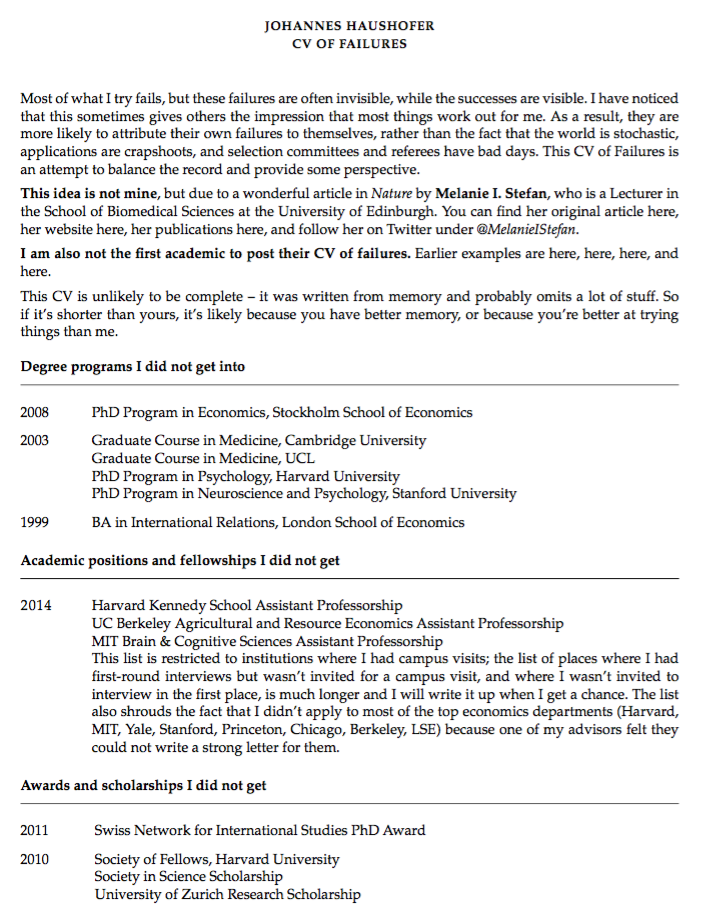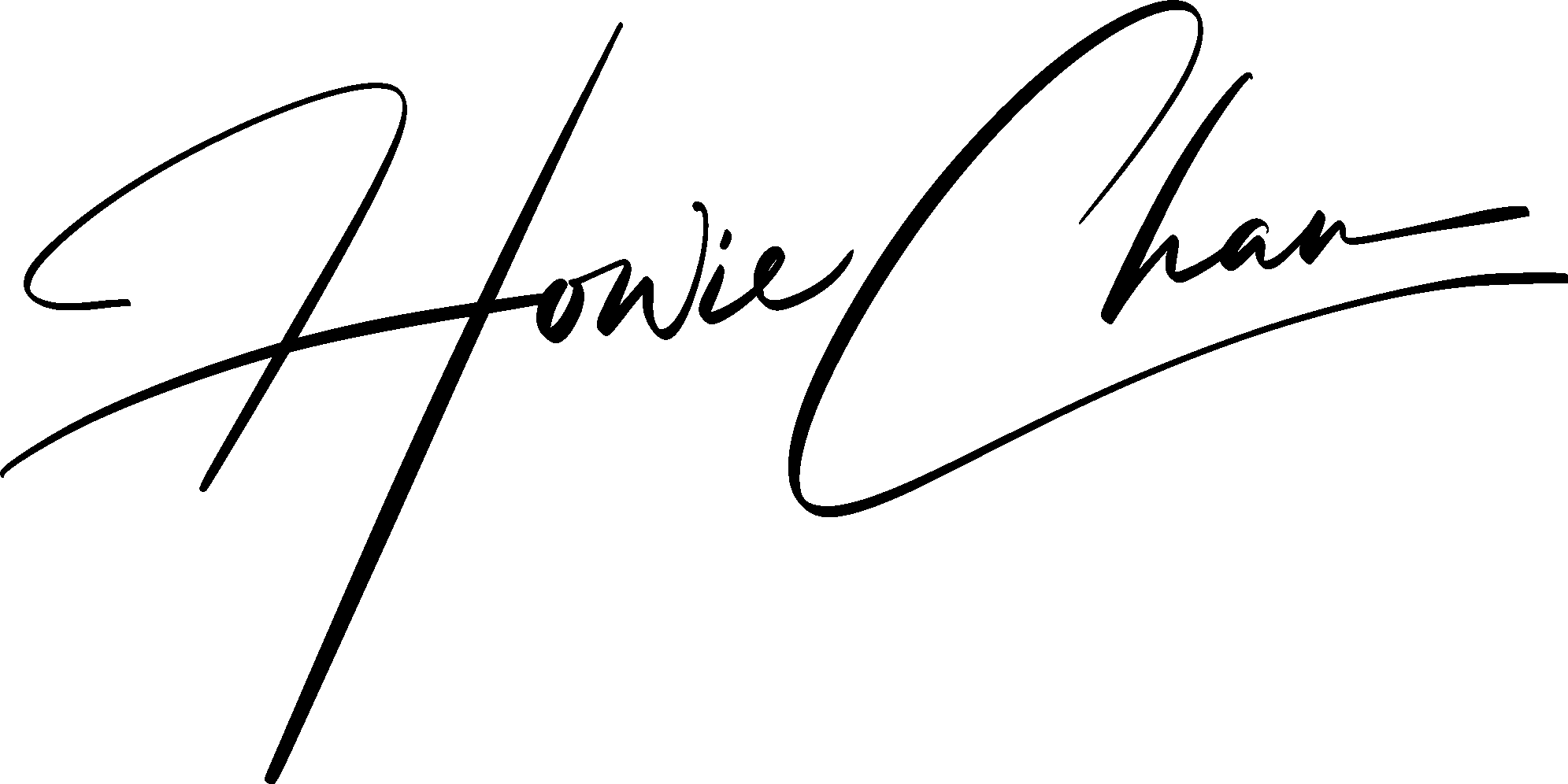Purposeful Failures (7 Tips For Learning From Failure and The Anti-Resume)
Legendary in 3.5 min
Get these letters delivered to you:
Have you heard of the electric pen?
Powered by a small electric motor and battery, it had a handheld needle that moved up and down as the person wrote. Instead of pushing out ink, it punched tiny holes in the paper, making it a stencil so you can make any number of copies by rolling ink over it (below).
Photo Credit: Smithsonian
The year was 1875 and this was one of the epic failures from none other than the prolific inventor, Thomas Edison.
Other costly blunders include:
The talking doll
The tinfoil phonograph
Ore mills and separators
The automatic vote recorder
Home projecting kinetoscope
The Edison home service club
Chances are you haven’t heard of his failed ideas, like the ones listed above, because he refused to dwell on them, even the ones he spent a ton of time and money on it. Instead of wringing his hand and saying “oh god we spent a fortune on that.” He said, “we had fun spending it!”
Contrary to popular belief, his famous quote “I have not failed 10,000 times—I’ve successfully found 10,000 ways that will not work.” was not about inventing the light bulb, it was about his philosophy of purposeful failing. This lesser known quote says it best:
"Just because something doesn't do what you planned it to do doesn't mean it's useless.”
It’s interesting to note that his botched inventions were precursors to applications we all know today (the tattoo needle, home projectors, and Netflix).
BASE PRINCIPLE
Unplanned failure is part of your learning plan. You don’t set out to fail, but when it happens, you plan to learn from it.
WHAT IF?
What if you viewed potential failure and disappointment as part of your overall learning plan? What if you expected blunders instead of avoiding them? What if failures become the best stories you tell?
We’ve all heard about learning from failures. But honestly it’s hard! We’ve all been trained by our parents, by our schools, by our society that failure is bad. That we shouldn’t mess up.
It’s time to flip the script.
Here are seven tips to embrace and learn from failure:
1/ Stay humble
The more we know, the more we realize we don’t know. Staying humble helps curb the dramatic feeling of loss and failure. You will be more mentally prepared when things don’t pan out.
2/ Build resilience
When you fail and get back up, you build resilience. It’s callusing your mind to be able to keep going. When you see every failure as an opportunity to build that muscle, it becomes part of your training plan.
3/ Go for one more
Another quote from Edison "Our greatest weakness lies in giving up. The most certain way to succeed is always to try just one more time.” Instead of being overwhelmed by all the reps and failures it takes to succeed, keep it simple. Try one more.
4/ Craft epic stories
The best stories have the biggest conflicts, the biggest problems, the biggest failures. View your epic fails as the kernel for amazing personal and professional stories. When you’ve blundered, write a story about the comeback (this previous letter may be helpful)
5/ Ask “what’s interesting?”
Just like an anthropologist or biographer, approach each failure as an investigation. Look for what’s interesting, what’s surprising, what’s unexpected. When you detach yourself from the event, you can learn so much more.
6/ Adopt a growth mindset
If you have a growth mindset, you believe that whatever you set your mind to you can accomplish. When you have this mindset, everything is a journey towards growth (see a post on Fixed vs. Growth mindset)
7/ Tap into the power of failure
When you take ownership of all your failures, it gives you tremendous power. “Once people stop making excuses, stop blaming others and take ownership of everything in their lives. They are compelled to take action to solve their problems” Jocko Willink.
BONUS: The Anti-Resume
aka: the anti-portfolio, the CV of failures
“This darn CV of failures has received way more attention than my entire body of academic work”
Johannes Haushofer
In 2016, assistant professor of psychology and public affairs at university in New Jersey, posted his unusual CV on Twitter and it blew up.
The idea of an anti-resume is not new, but it’s a remarkable concept to put into practice. We learn so much from what we failed at, so why not put them on record? In this example, the academic wanted people to see that “applications are crapshoots, and selection committees have bad days”.
But what if you built an anti-resume with failures and what you learned at previous jobs? It will certainly show your mindset instead of telling interviewers you view failure as learning opportunities.
And this is my resume of failures! Enjoy!
When you view your failures as purposeful, they become servants of your purpose.
Do. Learn. Repeat.
Live your legend,
Sources:
Hendry, Erica R., 7 Epic Fails Brought to You By the Genius Mind of Thomas Edison, Smithsonian Magazine, November 20, 2013 - LINK
Miles, Madeline, Why Learning From Failure is Your Key to Success, BetterUp, March 30, 2022 - LINK
Griffin, Thomas, How to Learn From Your Failures: 4 Valuable Lessons, Business.com, November 7, 2023 - LINK
Hrala, Josh, This Princeton Professor's CV of Failures Is Something We Should All Learn From, Science Alert, December 25, 2017 - LINK





